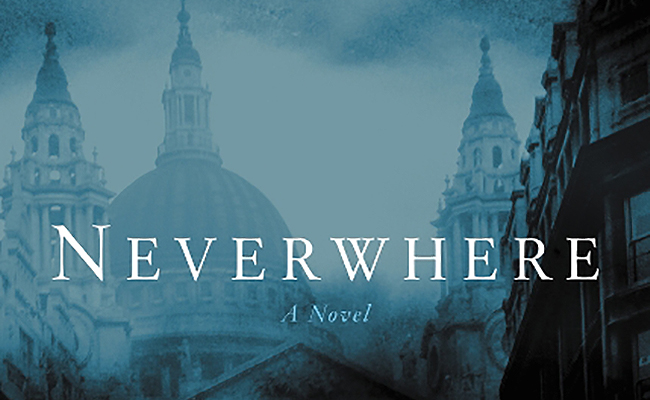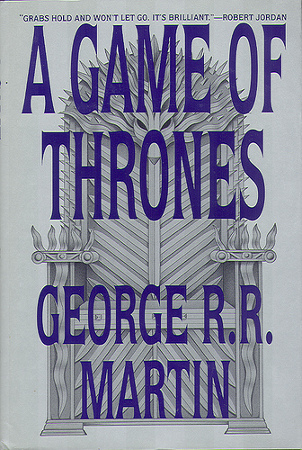The writer must be the authority of the story, whether the characters are the same is an entirely different matter. Characters, and narrators, like Charlie in The Perks of Being a Wallflower may have streaks of unreliability for several reasons. Stephen Chbosky’s protagonist, Charlie being an introverted teenager who has trouble socializing is one. That he is writing letters to an anonymous person (maybe to the reader, maybe not) is another. Drug use and shades of mental illness also unravel some of his veracity throughout the book. But in the midst of the potential compromises of Charlie’s authority in telling his tale is unfettered honesty, which may negate the unreliability of this unreliable narrator. It is in his bluntness, born of his past and his personality, which allows the reader to understand and perhaps empathize with this extraordinary character and the way he tells his story.
The Perks of Being a Wallflower is an epistolary novel, with the letters addressed as “Dear friend.” In the first letter that Charlie writes, he admits to what many boys are told not to admit to—crying. Throughout the novel “friend” is never revealed, but in closing the first letter Charilie says “I don’t know why I wrote a lot of this down for you…The reason I wrote this letter is because I start high school tomorrow and I am really afraid of going” (6).
The next several letters detail his difficulty in adjusting to high school, again with blunt honesty, and how his two favorite classes are English and shop. The latter because of a student named Patrick who sometimes goes by the nickname “Nothing.” When recalling Patrick’s dealing with people who teased him, Charlie says to the anonymous recipient of his letters “I think I will stop putting quotation marks around Nothing’s name because it is annoying and disrupting my flow” (13). In the early pages of The Perks of Being a Wallflower Charlie is establishing his authority, despite the seeds of the unreliable narrator starting to show. His honesty is assured in his letters by their unfiltered content and he is making confident decisions about how he relays information to “friend” and readers.
After a football game and the homecoming dance, Charlie forges a strong friendship with two seniors, Patrick and Patrick’s stepsister, Sam. At one point in the beginning of their friendship Charlie relates the story of Patrick’s hidden relationship with one of the school football players. “They had sex for the first time that night. I don’t want to go into detail about it because it’s pretty private stuff, but I will say that Brad assumed the role of the girl…When they were finished, Brad started to cry…” (44) That Charlie would consider Patrick’s feelings in regarding what truths he reveals in his letters might add a “plus” to the column that Charlie is in fact a reliable narrator. There is not deception involved in the relaying of this confidence between friends, either between Charlie and Patrick or between Charlie and “Dear friend”/the reader. In the end though his honesty means more that Charlie is the authority of his story, not a reliable narrator.
Misdirection and mistruths are planted throughout the story as per the usual tropes of an unreliable narrator. Most of these occur when Charlie is under the influence of drugs and alcohol, when he has fallen out with his friends, or when he is looking back on memories of his Aunt Helen. But still Charlie does not dial back; he continues to draft his letters as uncensored as he can. Midway through the school year Charlie writes a letter while in the midst of a bad LSD trip. In the next letter to “friend” he says, “To tell you the truth, I don’t really remember much of it…(I) walked down the hill past the trees to the post office because I knew that if I didn’t put it in a mailbox that I couldn’t get it back from, I would never mail the letter” (98).
The main character’s penchant for honesty, whether intentionally or as a result of his introverted nature that makes him seem obtuse in some social situations, is brought to a peak shortly after his LSD experience. “Patrick gave me a dare…‘Kiss the prettiest girl in the room…’ That’s when I chose to be honest…I knelt down in front of Sam and kissed her” instead of the girl he was dating (135). Here the reader can see Charlie’s declaration of honesty is not only for the recipient of his letters, but also with himself.
In the last “Dear friend” in The Perks of Being a Wallflower Charlie’s current location may set in a reader’s mind about the state of his reliability as a narrator. Still, there is only an honest account of the truth so far as he can tell us. “…They brought me to the hospital where I stayed when I was seven after my aunt Helen died” (208) If the reader is paying close attention, Charlie repeats a grammatical choice as he did when he decided to drop the quotation marks from Patrick’s Nothing nickname. “…Everything I had dreamt about my aunt Helen was true…I realized that it happened every Saturday when we would watch television” (209). His molester no longer has the right to a proper title. The reader knows through this choice that he is telling the truth, revoking any unreliability in his letters.
There are many reasons to call Charlie an unreliable narrator. He fits many of the typical traits found in other stories, but unlike in the others he is dedicated to telling both “friend” and the reader what happened in his freshman year. Chbosky reaffirms through the intimacy of these letters, and this particular character trait of a socially awkward introvert, that one can rely on Charlie’s authority to tell his story.
Works Cited
Chbosky, Stephen. The Perks of Being a Wallflower. New York: Gallery Books. 1999. Print.
©Ginger Lee Thomason and gingerleethomason.com, 2015-2016. Unauthorized use and/or duplication of this material without express and written permission from this site’s author and/or owner is strictly prohibited. Excerpts and links may be used, provided that full and clear credit is given to Ginger Lee Thomason and gingerleethomason.com with appropriate and specific direction to the original content.








